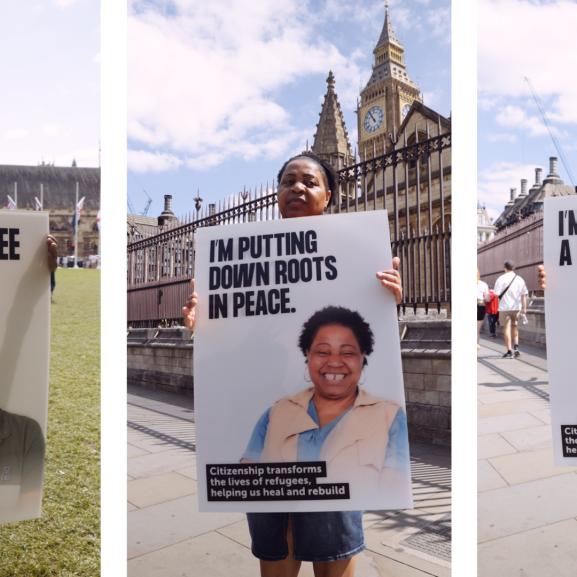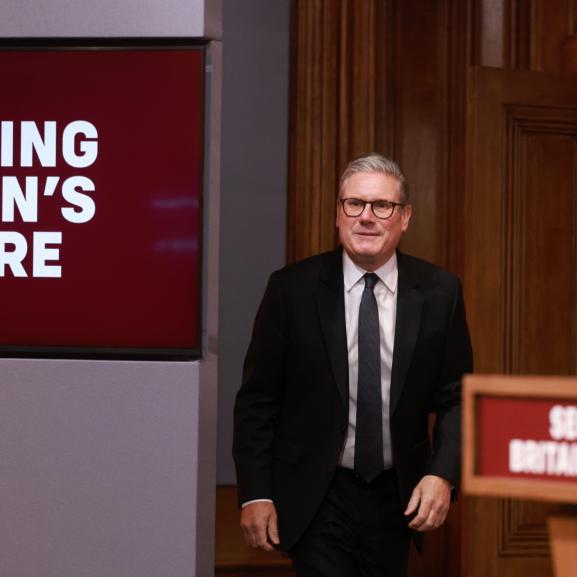Refugees in 'double jeopardy' from racism, xenophobia
Discrimination that may range from subtle hostility through to outright rejection and xenophobia is helping to marginalise refugee health care, warns one of Britain's leading family therapists.
Jeremy Woodcock, Principal Family Therapist at the Medical Foundation, Britain's only dedicated treatment centre for victims of torture and organised violence, says clinical experience suggests that discrimination contributes to poorer social integration and ultimately to inferior health care.
"In health and social care agencies there may be resistance to engaging with refugees' needs because they seem overwhelming and do not easily fit in with prescribed care packages," he says. "Institutions may also unconsciously resist engagement with the disturbing and atavistic nature of the refugee experience.
"These responses tend to displace the responsibility for direct help onto voluntary organisations, which has the effect of marginalising refugee health care."
A report last week raised the issue of refugee children's physical health suggesting they may not have an adequate diet even while awaiting resettlement in the UK. Woodcock, who is the author of a chapter on refugee children and their families in the soon to be released book entitled Post Traumatic Stress Disorder in Children and Adolescents (Whurr Publishers, GBP22.50), says he would like to see mental well-being of refugee children elevated to the same level of concern.
He says refugee children who have endured extreme events as a result of violent warfare and human rights violations inhabit a world that has been torn apart: "Their experiences are actually embodiments of terrifying psychic fears: nightmares that have become realities. Racism places refugees in double jeopardy because of its inherently damaging effects that echo the experience of persecution."
The task of therapy, he argues, is to enable them to rebuild their identity, making the most of their resilience, relying on their traditions and making sense of the story of their life against a backdrop of persecution and dislocation.
"Often what makes the real difference when working with refugee parents and children is just the actual therapeutic attachment itself. This provides a regular, reliable appointment and the presence of a form of parental care and adaptation - just being there: listening, understanding, bearing witness and validating experience."





